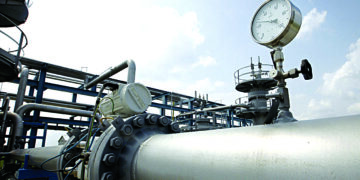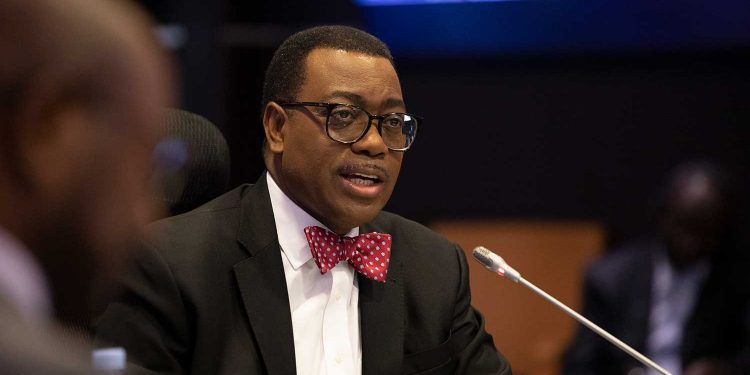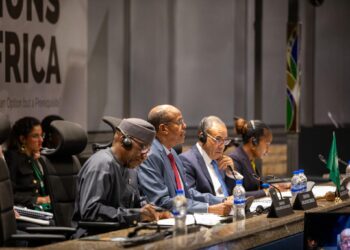By Ebi Kesiena
Africa is powering ahead on the global economic stage, with 12 out of the world’s 20 fastest-growing economies located on the continent in 2025. This was revealed by Dr. Akinwumi Adesina, President of the African Development Bank (AfDB), during his presentation at the 2025 Standard Chartered Bank Africa Summit held in Lagos.
Dr. Adesina, who is rounding up his tenure at the helm of Africa’s foremost development bank, shared an optimistic economic outlook for the continent, noting that Africa’s growth trajectory remains resilient in the face of global headwinds. He said the continent’s overall GDP growth is projected to rise from 3.3 per cent in 2024 to 3.9 per cent in 2025, and further to 4.0 per cent in 2026.
More significantly, he noted, 21 African countries are expected to post growth rates above 5 per cent in 2025, some even surpassing the 7 per cent mark, an achievement he described as a testament to the region’s economic dynamism.
Economic Growth Not Yet Inclusive
Despite the continent’s impressive economic performance, Adesina acknowledged a glaring concern: GDP growth on a per capita basis remains low, highlighting the ongoing struggle for inclusive development for Africa’s 1.4 billion people.
“It’s not just about GDP numbers,” he said. “We must ensure that growth translates into real, transformative change for African citizens.”
He explained that this development gap was what inspired the African Development Bank’s High 5s strategy, launched a decade ago to drive inclusive growth across five key areas: power and energy, food security, industrialization, regional integration, and improved quality of life.
Demographics and Agriculture Drive Growth
According to Adesina, Africa’s growth story is largely driven by its rapid population expansion—particularly among its youth, spurring increased demand for consumer goods, digital services, and infrastructure.
He emphasized the continent’s strategic importance in the global food ecosystem, noting that Africa holds 65 per cent of the world’s remaining uncultivated arable land.
“What Africa does with its agriculture will determine the future of food in the world,” he said. “The size of Africa’s food and agriculture market is projected to hit $1 trillion by 2030.”
This, he added, opens up vast opportunities for agribusinesses and Agri-tech companies to deploy digital innovations that can boost productivity, create jobs, and enhance food security.
Digital Tools as Economic Equalisers
Adesina also stressed the need to expand access to digital platforms and services, especially in rural areas. He referenced a partnership between the AfDB and Mastercard, which aims to connect 300 million African farmers to digital markets and vital information networks.
“This kind of collaboration is critical for unlocking the full potential of Africa’s agricultural value chains,” he said.
Africa’s Momentum Can’t Be Ignored
As the world looks toward emerging markets for future growth, Adesina insisted that Africa must no longer be viewed as a continent of potential, but of performance.
“From food security to digital innovation, from energy to trade, Africa is ready—not just to rise—but to lead,” he concluded.
With strong fundamentals, youthful energy, and natural endowments, Africa’s next economic chapter appears increasingly promising. The challenge now is ensuring that growth becomes broad-based, equitable, and sustainable.




































